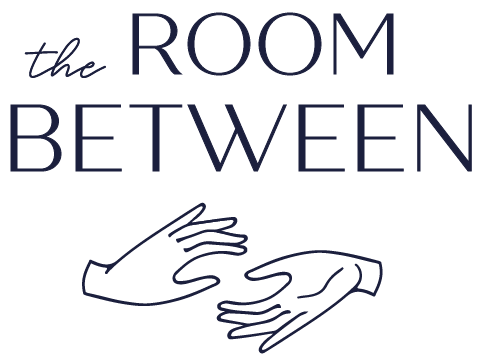From humble brag social media posts to cringeworthy “in the bedroom” advice articles, we’re surrounded by direct and indirect messages about what sex should be like.
It creates an idea that there’s a normal amount of sex to be having and a normal way to have sex, but that’s just not the case.
We all get pleasure from different things and no two people have the same idea of what makes sex great.
What do we mean by sex?
At The Room Between, we think of the word “sex” as an umbrella term. When we say “sex”, we don’t mean penis-in-vagina sex. That’s just one form of sexual expression which excludes many people.
For us, sex refers to anything that brings you sexual pleasure. What that means will be unique to each person, and it can involve our bodies, mind, spirit, emotions.
It’s also shaped by our context. We make judgments or internalise the ideas of those around us about who is allowed to enjoy sex, and the bodies and genders those people have.
All of this adds up to make our own unique sexual template. The word “sex” means something different to everyone.
A sex spectrum
Just as sexual pleasure is different for each person, there are a wide variety of sexual templates in relationships.
From monogomy to monogomish, right through to Ethical Non Monogomy, sometimes also known as Consensual Non Monogomy, there’s a whole spectrum of different ways that sex can be part of a relationship, including not having sex at all.
Research by dating app Hinge last year found that one in five users would consider an open relationship and 10% of users have already had one.
It’s only a problem if it’s not working for one person in the relationship.
Navigating differences
People arrive in relationships with those different expectations around sex, pleasure, and boundaries.
Avoiding assumptions and working together to create a clear, respectful, and pleasurable sex life together means proactively talking about it.
What does monogomy mean for us? What would monogamish look like for us? Where are our boundaries? What do we consider to be cheating?
Feeling betrayed
It’s when we don’t have those conversations around the role of sex and our boundaries that we end up damaging the relationship or hurting one another.
When we haven’t articulated our needs and they’re not being met, it may lead to dissatisfaction, frustration, and a lack of intimacy.
Without having talked about boundaries, what one partner sees as harmless the other person may see as betrayal.
Facilitating conversations
This is the stage where a lot of people come to relationship therapy. Sex is tied to many complex emotions, and having a productive conversation about its role can be hard, especially when one person feels betrayed.
Working with a therapist can help couples/people in relationships have those conversations about expectations and boundaries and to communicate more broadly what gives them pleasure.
Exploring your individual perspective
As well as talking to a therapist together, sex therapy can really help individuals to understand their relationship with sex and how that impacts their romantic relationships.
Each of us has an erotic template (Silva Neves, 2022), and individual sex and relationship therapy can give you the space to work through what your erotic template is.
It’s not about analysing why something gives you pleasure – what you like isn’t the problem. It’s about acknowledging and owning what gives you pleasure and finding ways to have that in a way that feels true to who you are, and, if you might like to integrate this into your relationships..
Our approach
There’s a few ways in which The Room Between is different when it comes to sex therapy.
One of our core beliefs is that there is no such thing as “normal” when it comes to sex. You won’t find us defaulting to a heteronormative perspective or assuming that a monogomous relationship is the end goal.
We listen to you, creating a shame-free environment to safely explore what sex means to you and the role you want it to play in your life and relationships.
We work both with individuals and couples, multiples and families and, as HCPC-registered Clinical Psychologists, we are trained in a wide variety of approaches to help you get what you want from therapy.
Dr Jane Major has also completed additional training in Sexually Compulsive Behaviours, with the Contemporary Institute of Clinical Sexology.
You can get in touch to find out more via the contact form, or book a 10-minute initial consultation to see if we’re the right fit for you.


